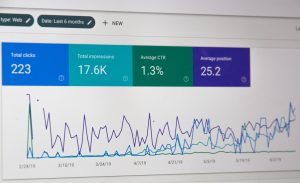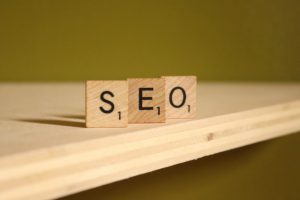We all saw an increase in the uptake of home working, utilisation of online workplace tools such as Microsoft Teams and Google Workspace, and the use of video conferencing platforms such as Zoom which dominated our world as the primary means of communication with family, friends, and colleagues during the depths of lockdown. Now the world is (starting) to return to its pre-pandemic self, some areas of our daily lives are forever changed by the way we used technology as our saviour during these tough times. Businesses are reporting significant shifts towards digital tools in both operations and their customers’ behaviours post-pandemic, with some areas seeing progress coming at least 7 years earlier than they had predicted, with the majority citing COVID-19 as the main reason for this change.
A study conducted by McKinsey & Company (which you can read in full detail here) found that businesses are three times more likely to say that at least 80% of their customer interactions take place via digital means. This highlights a key shift in consumer behaviour, most significantly the shift to online channels for communicating, purchasing and engaging with a brand’s products and services. In fact, the global percentage of customer interactions that are digital went from 36% in December 2019 to 58% in July 2020 and is predicted to continue increasing.
In terms of operations and remote working, businesses were, in essence, forced to set up remote working infrastructure, with the majority being able to adapt to this within 11 days, whereas prior to the pandemic, the consensus among business leaders was that it would take up to 40 times longer to adopt this. Now, over two years since the start of the first lockdown in the UK, many businesses are still using this infrastructure to run their businesses more efficiently, with reports of higher staff satisfaction and productivity coming from hybrid working and work-from-home arrangements.
The industries seeing the largest increase in their digital product portfolios are healthcare and pharma, financial services, and professional services, where business leaders are reporting double the increases of other industries such as consumer packaged goods and automotive.
Looking at these figures, we can see that COVID-19 has not only accelerated our transition to the digital age, but has fundamentally changed our relationship with businesses and technology. We are more reliant than ever on digital interactions with brands, and companies are creating more digital products than at any point in history. The way in which we work has transitioned from large office buildings to laptops at home, and tools such as Google Workspace have made collaboration easier and more efficient than ever before. Businesses are seeing the benefits of transitioning their models to incorporate digital as a key part of their core operations, and consumers are more online than ever before. If you’re not adapting your business to adopt digital tools and products, you’ll likely see the impact that refusing to do so is having on your industry. The truth is, whether we like it or not, the changes accelerated by the pandemic have changed the way in which we work and consume, and the changes are here to stay.
If you’re looking for help training digital skills within your organisation, then get in touch today to learn more about our digital skills apprenticeship offering







